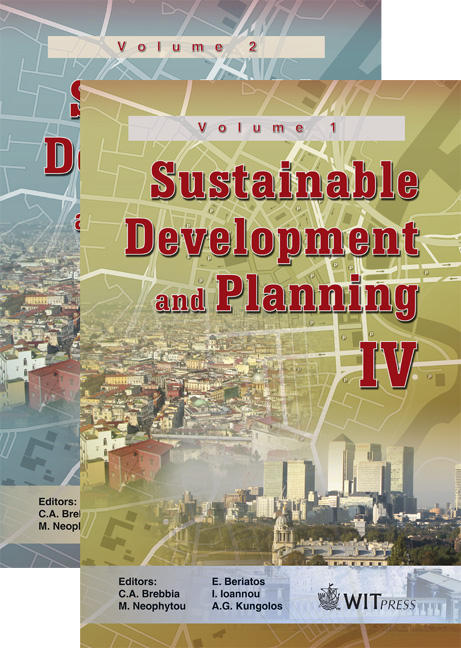Recycling Of Tar Decanter Sludge Through The Addition Of Coke Oven Batteries In Charge Coal Feed
Price
Free (open access)
Transaction
Volume
120
Pages
6
Page Range
895 - 900
Published
2009
Size
237 kb
Paper DOI
10.2495/SDP090842
Copyright
WIT Press
Author(s)
Y. Singh, S. T. Selvan, S. K. Ghosh & A. K. P. Singh
Abstract
Toxic Tar Decanter Sludge previously dumped at the Bokaro Steel Plant, Steel Authority of India Limited (SAIL), is now recycled to the coke ovens via the coal charge. Not only has an environmental pollutant been removed but savings of US $ 0.15 million a year have resulted due to carbon recovery. Based on encouraging results at Bokaro, other SAIL plants have undertaken the implementation of the system. This paper depicts details of the generation of tar decanter sludge, the modified recycling system, the design features, the novelty in the system, the modifications, and the economic benefits. Keywords: tar decanter sludge disposal, recycling, waste utilisation, environmental protection, economic utilisation of waste. 1 Introduction Tar Decanter Sludge (TDS) is generated as a by-product of coke oven gas. Disposal of TDS is difficult because it is a sticky material and it easily melts during the Indian summer. When melted, it spreads and further pollutes the disposal area. The generation of TDS at Bokaro Steel Plant is approximately 200t/month. The TDS is collected from the decanter in a specially designed pot. The former practice was to lift the pot using a dumper placer, carry it outside the plant premises and empty it by inverting the pot. The R&D Centre for Iron & Steel (RDCIS), Steel Authority of India Ltd. (SAIL) has designed, installed and commissioned a system, which has led to utilization of the TDS by feeding it to the coal charge on the conveyor belt from where it is distributed to the various coke oven batteries. The use of TDS in the
Keywords
tar decanter sludge disposal, recycling, waste utilisation, environmental protection, economic utilisation of waste.





